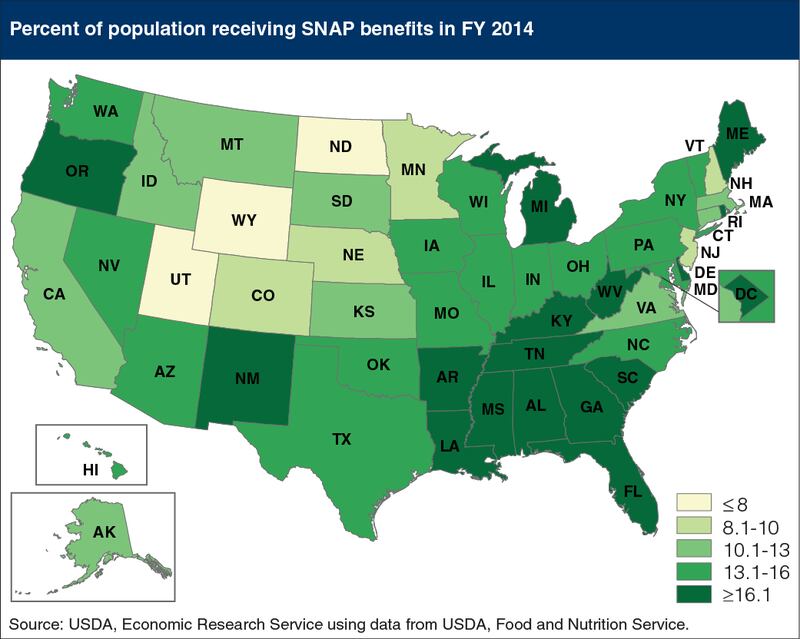While an effort to require food stamp recipients to submit to drug tests and have their photos placed on benefit cards appears to be going nowhere , state officials say they are having success fighting fraud with other means.
Mary Beth Lukich, spokeswoman for the state Division of Family and Children Services, said the Department of Human Services Office of Inspector General created a special fraud unit, one of only two in the Southeast. The result? Fraud claims went up, but Lukich says that's a sign the effort is working.
"From this experience, we know that fraud claims go up as more resources are dedicated to the investigation of fraud, waste and abuse," she said in a written statement.
Credit: Chris Joyner
Credit: Chris Joyner
Lukich said Georgia's investigative team is using data mining to focus on out-of-state purchases using the state's electronic debit card. Such purchases can be clues that someone is fraudulently applying for benefits on more than one state.
Georgia is one of five Southeastern states regularly exchanging monthly food stamp data in an effort to cut down on this kind of fraud, according to a 2014 report by the Government Accountability Office. The same report said states are finding limited success with anti-fraud efforts because states are not sustaining the effort but also because of inconsistent guidance from the federal government.
Food stamp fraud costs taxpayers hundreds of millions of dollars every year, but as a percentage of the program, fraud is rare. The United States Department of Agriculture estimates fraud accounts for about a penny out of every dollar in the program.
States like Georgia have tried to crack down on fraud with drug testing and photos on the cards, but the federal government frowns on both approaches. Georgia lawmakers passed a bill two years ago that took that approach, but it hasn't been implemented. Find out why by reading the AJC Watchdog here.
About the Author







